You wouldn't ask your doctor how to fix a leaky sink, and you wouldn't ask your plumber about your rash, right?

You can find all kinds of "experts" online who will help solve your problems. But you need to make sure that what you read online is written by knowledgeable authors with authority on the topic.
Why is it important to evaluate the authority of a source?
When you wind up reading "How to fix a leaky sink", you wouldn't want it to be written by someone who's never even seen a leaky sink!
Step 1: Find the Author
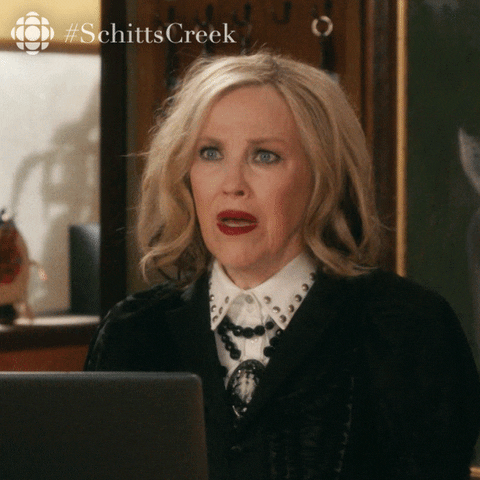
First, find out who the author is. Sometimes there are multiple authors, or an organization is the author. Most of the time the author can be found somewhere in the article.
If there's no author, then look at the "about" page on the website where you found the article. This will at least give you something to go on, and you can get more information about the organization that runs the site or sponsored the article.
Step 2: Research the Author
A website might put the credentials of the author in the article.Don't trust that!That's like trusting someone's social media profile: it's probably not an honest assessment.
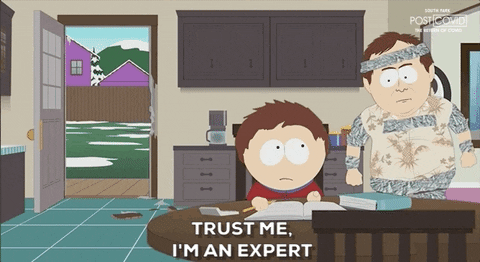
Instead, research the author/organization and website. Wikipedia is a good start. Use Google if they don't have a Wikipedia page.
Look for:
Criticisms
Credentials
Awards
Legal cases
Controversies
Other important information
You want to find out what other people think about the author/website/organization.
Watch this video for a short example:
Quiz
You find the author's Wikipedia page and notice that they've been accused of making up quotes by multiple other journalists. Should you trust their article?
Step 3: Make Your Call
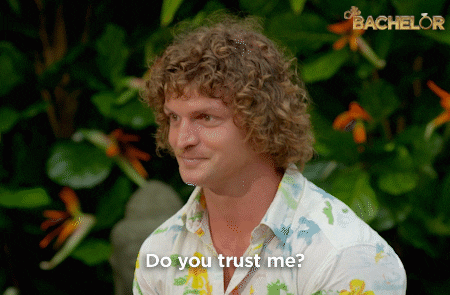
Ask yourself, "Is this author/website/organization trustworthy?"
If you're not sure, head back to Step 2 and read more reviews and do more research.
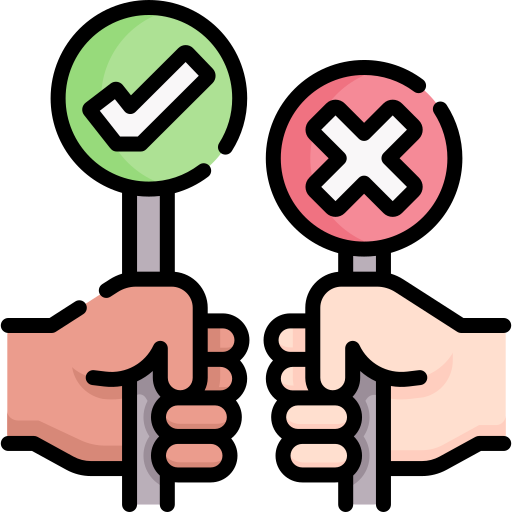
Hopefully, this process will show if the author is actually an authority on the subject, whether they're respected in their field or not, or if they've spread misinformation before.

You have to use your judgement here. There are no hard and fast rules. Do the research and decide whether you should trust the author. If you still have doubts, see if you can find a better source.
Quiz
You notice that the author has won many international awards for their work. Should you trust this author?
Step 4: Verify Your Call
You decided that the author and article are trustworthy. Great! Do other experts agree?

Find a couple other articles that deal with the same subject to see if there's agreement. A good expert will have an opinion that other experts agree with, or at least respect.
Sometimes there's debate around your topic It's ok if you can't find a consensus. A good debate will have authors engage with each others' ideas and have people on both sides.
What you're looking out for is when the majority of experts seem to disagree with your initial article.
 If you can find other sources that agree with your initial article, that's a good sign you've found a trustworthy author!
If you can find other sources that agree with your initial article, that's a good sign you've found a trustworthy author!
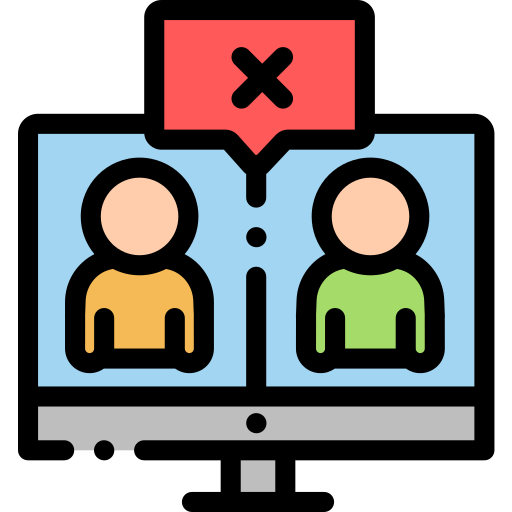 If everyone else seems to disagree, that should make you wonder whether the author in question is trustworthy.
If everyone else seems to disagree, that should make you wonder whether the author in question is trustworthy.
Take Action
No one wants to spread misinformation!
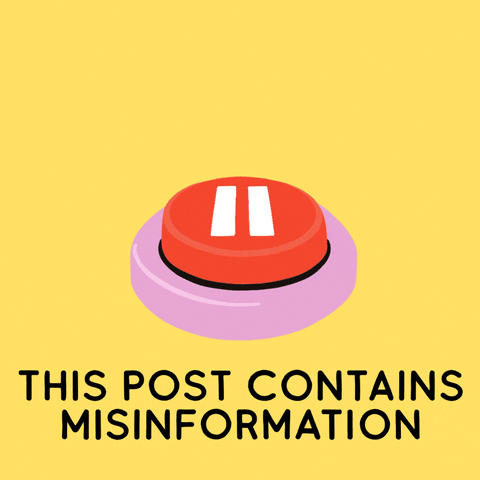
Your friends, family and coworkers trust you! Make sure that when you share ideas and articles, those articles come from good sources.
If you practice your research skills, you can make sure you — and the people who trust you — won't get tricked by misleading information.
Check out more Bytes on the CRAAP test:
Your feedback matters to us.
This Byte helped me better understand the topic.
